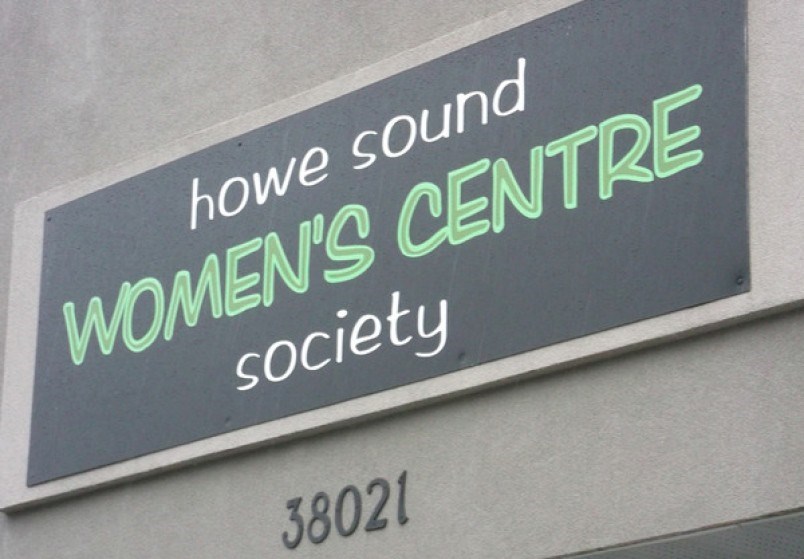Survivors of sexual assault in the Sea to Sky now have the option of reporting their sexual assault anonymously through a third party, a move that should break down barriers to justice, according to a local non-profit.
Last week, the Howe Sound Women's Centre (HSWC) announced the details of a pilot project that gives adults in the corridor aged 19 and over an avenue to anonymously report the details of their sexual assault to a local reporting worker that specializes in "emotional, practical and other supports."
"It's another form of justice for survivors of sexual assault," said Shannon Cooley Herdman, sexual assault response and prevention facilitator at the HSWC.
Third-party reporting (TPR) offers a buffer between survivors of sexual assault and the police. When a third-party report is made, anonymous information will be entered into the police database, and the local detachment will contact any police jurisdictions where the information may be relevant. A dedicated officer at the RCMP's E Division will also examine the report for any recurring criminal patterns, to potentially catch serial perpetrators more quickly.
The new option does not replace a formal police investigation, and is intended as a last resort for survivors who would not otherwise report their sexual assault to police. Anyone who uses the TPR option can also apply to the Crime Victim Assistance Program to access specialized support, such as trauma counselling.
Cooley Herdman believes third-party reporting will increase disclosure rates in the Sea to Sky.
"There is a little more choice in how you engage with the justice system," she said. "It may appeal to people who aren't going to be in town long, whether they're a seasonal worker or just a visitor. They may want to share the details of their sexual assault anonymously without getting committed to a long-term court or investigation process. It's also a way we can make sure, as a region, that survivors of sexual assault get referrals to trauma-informed care as a follow-up."
There were 13 police-reported incidents of sexual assault in Whistler in 2016, the most recent data available. An extensive investigation by the Globe and Mail published last year that looked into how police forces around the country handle allegations of sexual violence found that, between 2010 and 2014, 25 of 102 sexual assault allegations in Whistler—or 25 per cent—were deemed unfounded by police. The national average over that period was 19 per cent.
R. Const. Steve LeClair told Pique that he had reviewed over 70 of the sex-assault files from that timespan and found a pattern in the reports that helped explain the number of unfounded reports—and potentially speaks to the wariness some survivors may have had approaching police.
"Typically, it was somebody other than the victim reporting the assault, and then when the police approached the victim, the victim said there was no assault," he explained at the time. "If cases are legitimately unfounded, I think it's a situation where we have to take every report and investigate it thoroughly."
A number of community services throughout the Sea to Sky have undergone information sessions on the new reporting options.
"It's a wonderful opportunity for the community because a lot of times our first connection with people who have been impacted by sexual assault and violence might be on a Whistler Community Services Society (WCSS) level or at the Howe Sound Women's Centre, so you want to bridge that trust into another option," said Jackie Dickinson, executive director of the WCSS "We definitely try our best to let people know what options exist for them because there are a lot of misconceptions out there."
Female survivors of sexual violence in Whistler and northward, as well as gender-diverse and male survivors who live in the Southern Stl'atl'imx First Nations, can file third-party reports to Sea to Sky Community Services at 604-698-6909. Male survivors who live outside the listed First Nations can make third-party reports through Hollyburn Family Services at 604-815-5863. Female survivors in Squamish, the Squamish Nation, and southward to Bowen Island, can contact the HSWC at 604-892-5748, ext. 227.




